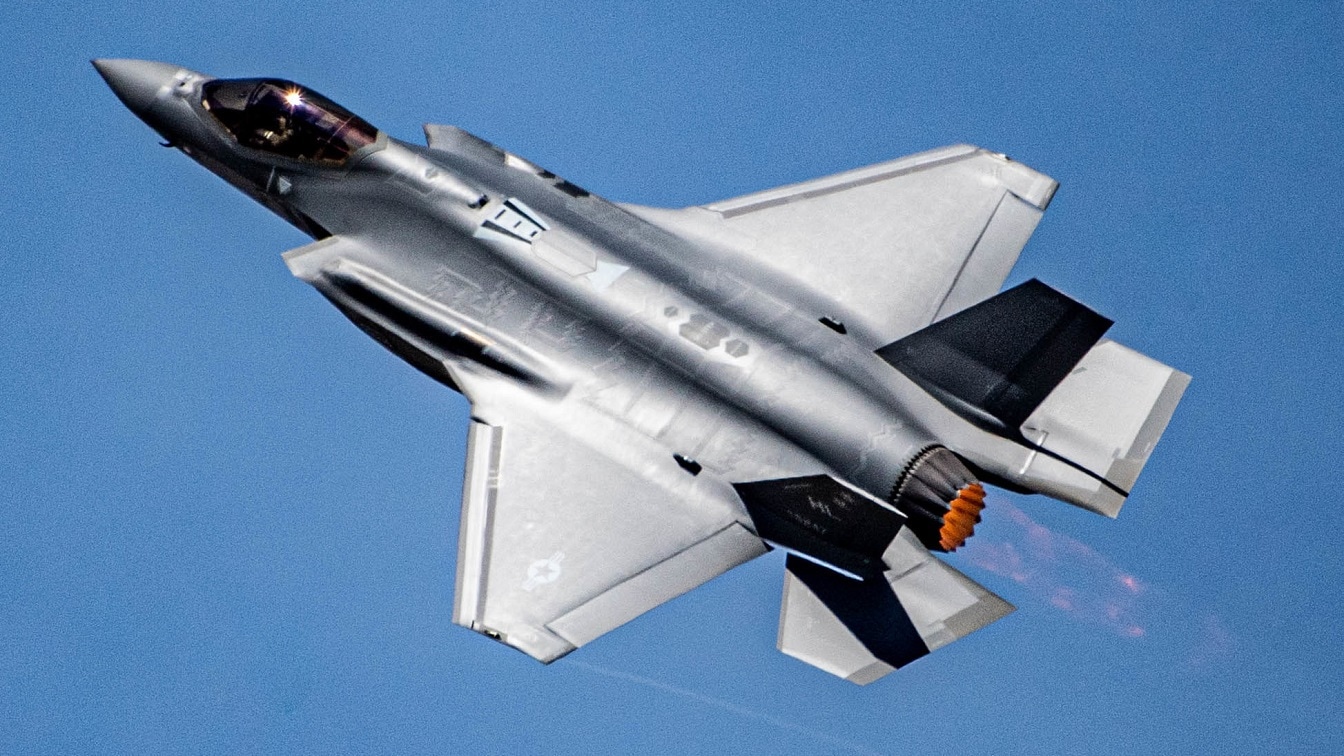Finnish PM Says Decision on NATO Membership Will Come “Within Weeks” – Finnish Prime Minister Sanna Marin revealed on Wednesday that Finland is undergoing a process of determining the appropriate course of action with regard to the possibility of the country joining the North Atlantic Treaty Organization. Marin said that a decision will be made within the next few weeks, and will not take several more months as major media outlets have speculated.
In a joint press conference with the Prime Minister of Sweden, Magdalena Andersson, Marin said that a decision to join or not to join NATO comes with consequences either way and that the situation in Ukraine has prompted the two countries to re-evaluate their history of neutrality that extended throughout the Cold War.
“We need to have a view on the future and we are using this time to analyze and also building common views on the future when it comes to security,” Marin said.
“I won’t give any kind of timetable when we will make our decisions, but I think it will happen quite fast. Within weeks, not within months.”
Marin also said that she is coordinating with the Swedish government, suggesting that whatever decision Finland makes, Sweden is likely to make also.
“Fundamentally Changed” Security Situation in Europe
Before the outbreak of the Russian invasion of Ukraine, Swedish and Finnish citizens overwhelmingly opposed the idea of joining the NATO military alliance. Since then, polls have shown in both countries that a majority of citizens believe it’s time to ditch the longstanding tradition of neutrality and firmly side with NATO forces in the face of an increasingly aggressive Russia.
A report commissioned by the Finnish government released this week also cited the “fundamentally changed” security environment in Europe. The white paper revealed how Finland’s Ministry of Defense said that should Sweden or Finland become members of NATO, the threshold for using military force in the Baltic Sea region would increase, enhancing the stability of the area in the meantime.
The surge in support of Finland joining NATO is “huge,” Finnish Defense Minister Antii Kaikkonen told journalists this week. “People have thought that we would live in peacetime in the 2020s, but now we have a war in the middle of Europe, not so far from Finland.”
Unsurprisingly, Russia is not happy about the idea of NATO expanding eastward once again.
In mid-March, Russian foreign ministry spokesman Sergei Belyayev issued a warning to Finland and Sweden via the Russian news agency Interfax.
“It is obvious that if Finland and Sweden join NATO, which is a military organization to begin with, there will be serious military and political consequences,” Belyayev said, adding that the move would require Russia to change a “whole palette of relations” with the countries and even pursue “retaliatory measures.”
Jack Buckby is a British author, counter-extremism researcher, and journalist based in New York. Reporting on the U.K., Europe, and the U.S., he works to analyze and understand left-wing and right-wing radicalization, and reports on Western governments’ approaches to the pressing issues of today. His books and research papers explore these themes and propose pragmatic solutions to our increasingly polarized society.

